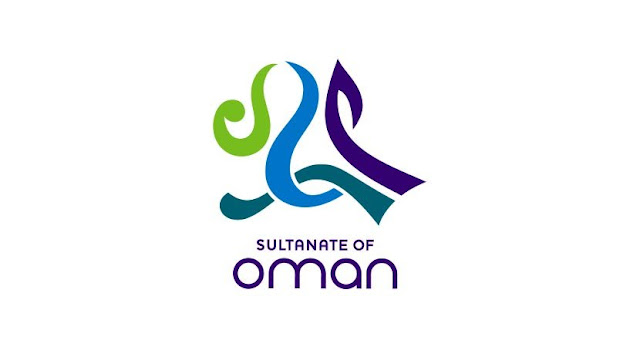Global Hospitals Mumbai started India’s Most Successful Heart and Lung Transplant Program
by Shrutee K/DNS
Mumbai, 1st July 2019: Doctors from Global Hospital, Mumbai, the latest
addition to the geographical footprint of Gleneagles Global Hospitals, India
informed that their Hospital is now equipped and capable to deal with very
complex and chronic heart and lung ailments and has started a robust Heart and
Lung Transplantation program. Global Hospital, Mumbai which is a part of Gleneagles Global Hospital’s
Integrated Heart and Lung Transplant Program has successfully completed three transplants
and the flagship program nationally has performed 63 heart, 74 lungs and
combined 16 heart and lung transplants, which is the highest in the country in
the past two and half years.
Briefing on the program’s vision, doctors from Global Hospital informed
that the focus of the program is to stabilize patients as they await
transplantation and provide medically the most suitable options for patients
who are not transplant candidates. The program has developed a customized
approach towards treating congestive heart failure that is reducing hospital
admissions, improving the quality of life for patients and lowering mortality
rates. The program is rooted in a rounded medical approach that emphasizes on intensive
education and lifestyle counseling.
"Every program of such complex nature needs a right ecosystem of a
wide range of medical professionals, high end technology and a very responsive
team-work culture. We have been evidently able to overcome this challenge in
Mumbai. We are fully ready to scale the program in a full-fledged manner now
across Western India and offer patients, continuity of care in all major cities
in this part of the country,” said Dr
Sandeep Attawar, Director and Chair of the Heart and Lung Program, Gleneagles
Global Hospitals.
Dr Attawar informed, that in India preservation of heart and lungs in a
deceased patient is quite challenging. He added, “The heart and the lungs are
the first organs to suffer damage in a brain dead person, if they are not
managed well. It requires a high level of monitoring, medication and expertise.
As a result, in every 10 donations, liver or kidneys may be viable in 7 or 8
cases, because they tend to be fairly well preserved. Unfortunately, the lungs
are viable 1 or 2 times out of 10 donations. Lungs tend to be easily damaged
either due to poor ventilator support or improper care of the lung or due to
unavailability of the right expertise or incorrect antibiotics used. When a
lung is considered for transplantation, there has to be 8 or 10 parameters that
have to be met before deeming its suitability for a recipient.”
Speaking on this occasion Dr K.
Ravindranath, Chairman of Gleneagles Global Hospitals group expressed great
satisfaction in the progress of the program and its stability in Mumbai. He
stated therefore, "I would like to compliment the pioneering efforts by
the clinical team and thank them for pursuing this challenging work, bringing a
multi-disciplinary team together and training them to work on this singular
goal. I am sure this program in Mumbai will offer a safe and caring atmosphere
for all patients like all our other organ transplant programs running for
decades across India.”
Speaking on this
occasion Dr Vivek Talaulikar, CEO-
Global Hospital, Mumbai said, “With the introduction of the Heart
and Lung transplant program at Global Hospital, Mumbai we now offer the
services of the most successful and robust Heart and Lung transplant team to
the people of Mumbai and Western India. I would also like to compliment the
efforts taken by the ZTCC and appreciate the hospitals in Maharashtra who have
taken the lead in ensuring awareness towards organ donation. A special mention
goes to the families who even in their moment of grief display great courage
and motivation to serve humanity by consenting for organ donation. As per data
shared by ZTCC, organ donation in Mumbai city alone, within the first six
months of the calendar year has already crossed the last year’s total annual
figure. The
need of the hour is to raise awareness about the importance of organ donation.
Our goal is to educate the masses through sustained awareness programs and help
save precious lives and families”.
Heart and Lung transplant recipients are living longer than ever before,
thanks to rapid advances in technology, medications and surgical procedures. With
advances in surgical techniques and immunosuppressive drugs, more than 80% of
heart recipients survive more than 3 years after the operation. Lung
transplantation is a relatively new procedure that continues to see improvement.
Currently, more than 65% of lung recipients survive at least 3 years after a
transplant. The success rate of our program
is at 85% and this has been published in ISHLT, bringing our Heart and Lung
transplant program racing ahead of many of its world competitors.
A few transplant recipients from Maharashtra attended the conference and
shared their story. All of them thanked and expressed gratitude to the donors
and their family, program and the doctors who gave them a new lease of life.





Comments
Post a Comment